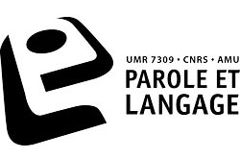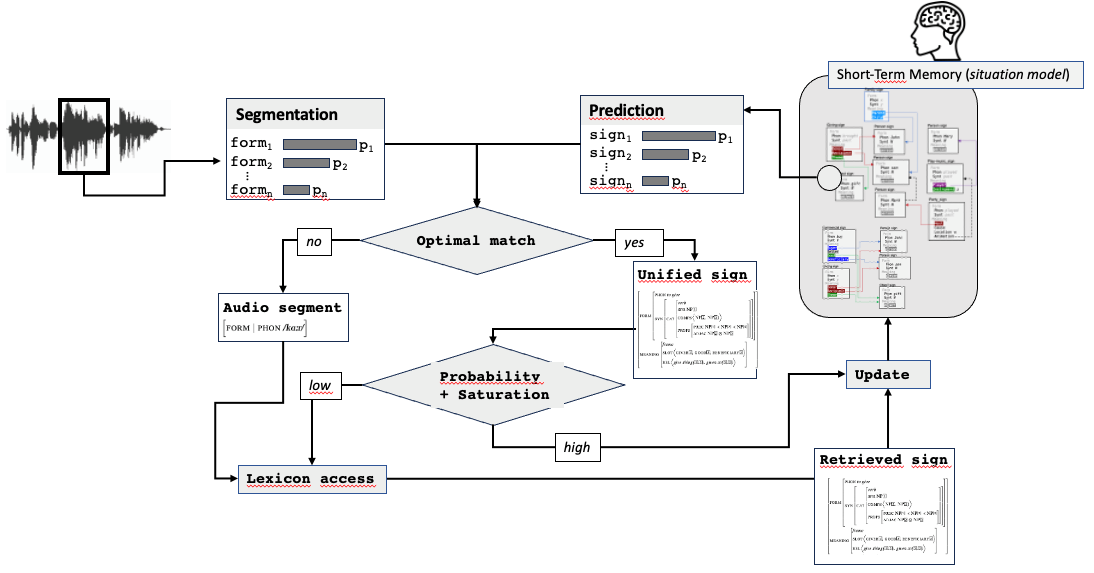We are pleased to announce a new paper published by Philippe Blache (LPL) in collaboration with researchers from Hong Kong Polytechnic University (Procore Project) and Purdue University:
Reference: James Britton, Yan Cong, Yu-Yin Hsu, Emmanuele Chersoni, Philippe Blache. On the influence of discourse connectives on the predictions of humans and language models. Frontiers in Human Neuroscience, 2024, 18, pp.1363120. ⟨10.3389/fnhum.2024.1363120⟩. ⟨hal-04717106⟩
Full-text article: https://doi.org/10.3389/fnhum.2024.1363120
Abstract:
This paper investigates how humans and language models process event predictions in sentences, focusing on the role of discourse connectives like and, but, and because. Humans find congruent sentence sequences easier to understand, and these connectives help clarify event relationships, especially when predictions need to be reversed (e.g., concessives and contrastives). The study used Italian and Mandarin Chinese story stimuli to test plausibility and coherence with or without connectives. Results show Mandarin language models are somewhat sensitive to these factors but struggle with prediction reversals, while Italian models showed no significant alignment with human data.
Credits: Authors










